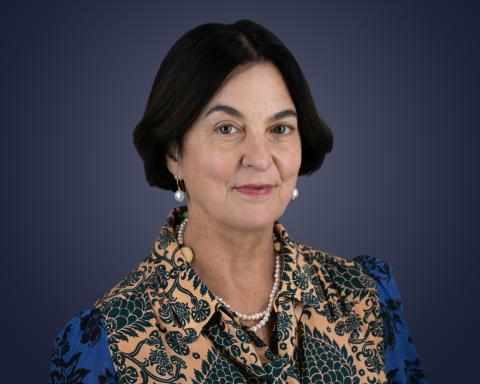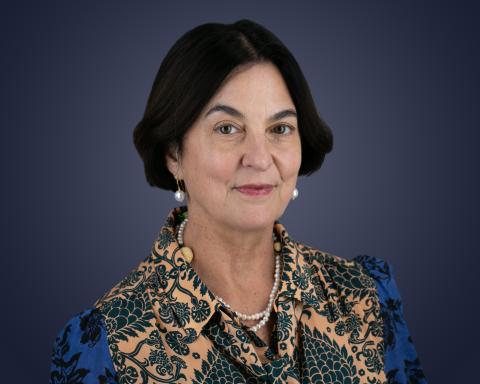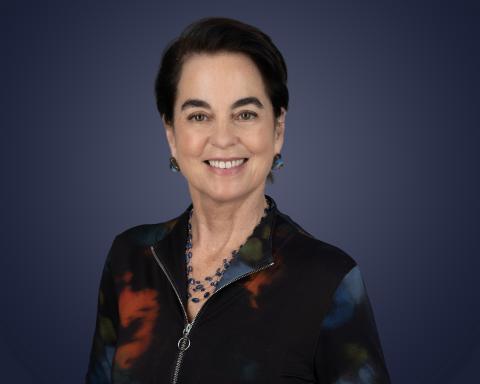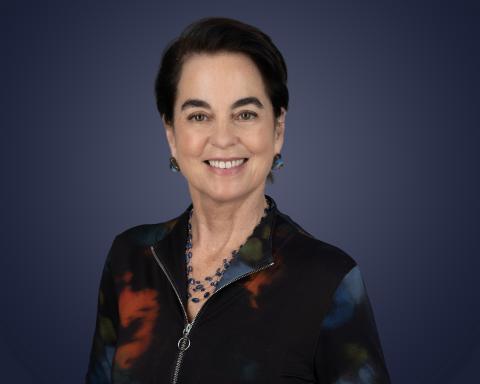Claire Enders was quoted in The Economist on "Rupert Murdoch isn’t going anywhere just yet"
26 September 2023Those investors may be reassured by Mr Murdoch’s more modest new title. In recent years analysts have come to speak of a “Murdoch discount” applied to Fox and News Corp. Mr Murdoch’s new title means that “his interface with the public markets is over,” says Claire Enders, a media analyst. “But it is obvious that he is the ultimate decision-maker as long as he is alive.”




